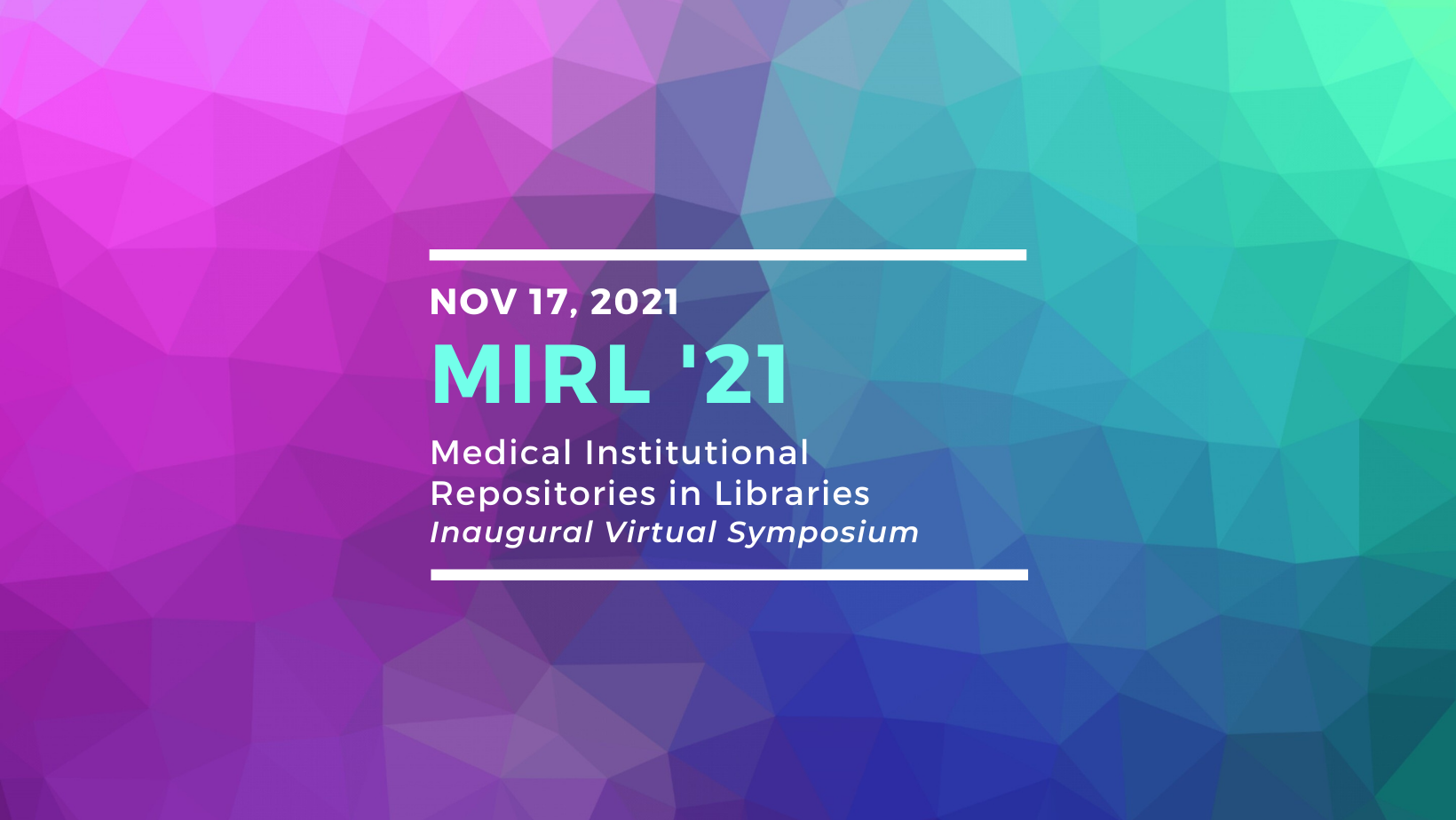Presentation Type
Presentation
Date
2021-11-17
Description
When the University of Louisville Libraries launched the ThinkIR institutional repository on the bepress Digital Commons platform in 2015, we anticipated offering open access journal publishing several years in the future. However, the Division of Infectious Diseases’ eagerness to find a venue to facilitate the equitable movement of research and information into the larger global community resulted in a partnership beginning in 2016 to publish two open access journals on the platform, which then served as a model for other health sciences journals, including one from the Emergency Medicine Department. The benefits, including the opportunity to provide free open access to research on topics that became even more relevant as a result of the COVID-19 pandemic and to increase the value of the Libraries to clinical departments, far outweighed the challenges of limited resources, learning curves, and managing expectations.This presentation will cover the importance of a memorandum of understanding between the Libraries and the health sciences departments in delineating roles and responsibilities and managing expectations; the Libraries’ tasks and consultations on author agreements, persistent identifiers, metadata, technical support, and indexing, as well as copy editing; and the challenges, goals, and impact of the journals themselves.
Keywords
institutional repositories, health sciences, Medical Institutional Repositories in Libraries, MIRL, MIRL 2021, open access, journals
Open Access
1
Rights and Permissions
Copyright © 2021 Howard and Petrey
Repository Citation
Petrey, Jessica; Frankel, Sarah; and Howard, Rachel, "Publishing Partnership: Facilitating Open Access through Libraries Collaboration with Clinical Departments" (2021). Medical Institutional Repositories in Libraries (MIRL). 15.
https://hsrc.himmelfarb.gwu.edu/mirl/2021/program/15
Publishing Partnership: Facilitating Open Access through Libraries Collaboration with Clinical Departments
When the University of Louisville Libraries launched the ThinkIR institutional repository on the bepress Digital Commons platform in 2015, we anticipated offering open access journal publishing several years in the future. However, the Division of Infectious Diseases’ eagerness to find a venue to facilitate the equitable movement of research and information into the larger global community resulted in a partnership beginning in 2016 to publish two open access journals on the platform, which then served as a model for other health sciences journals, including one from the Emergency Medicine Department. The benefits, including the opportunity to provide free open access to research on topics that became even more relevant as a result of the COVID-19 pandemic and to increase the value of the Libraries to clinical departments, far outweighed the challenges of limited resources, learning curves, and managing expectations.This presentation will cover the importance of a memorandum of understanding between the Libraries and the health sciences departments in delineating roles and responsibilities and managing expectations; the Libraries’ tasks and consultations on author agreements, persistent identifiers, metadata, technical support, and indexing, as well as copy editing; and the challenges, goals, and impact of the journals themselves.


